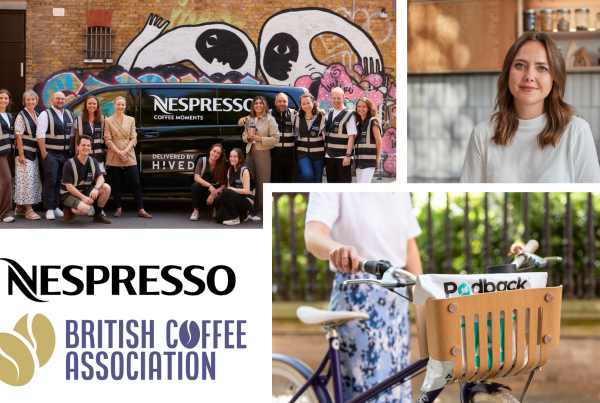The BCA , in partnership with the Centre for Economics and Business Research (CEBR), has published a unique report which assesses the industry’s contributions and impact on the UK economy.
Our 2018 review of the impact that the UK coffee industry has on the economy, is the only assesment to analyse all sectors within our industry. For the first time, the BCA and CEBR have provided an examination of the role that coffee plays in the UK economy. A range of statistical data has been produced in demonstrating different aspects of the value brought to the economy through coffee including:
- The direct contribution made to the Gross Domestic Product (GDP) and employment through all segments of the coffee market in the UK.
- The indirect multiplier impacts that arise through the activities stimulated in the supply chains of those engaged directly in the production, supply and serving of coffee.
- The induced multiplier impacts that arise through the activities stimulated in the wider economy when the employees associated with the direct and indirect coffee activities spend their earnings on domestic goods and services.
These three types of impacts are considered for four economic indicators – turnover (or gross output), Gross Value Added (GVA) contributions to GDP, employment, and employee compensation.
The analysis of coffee related activities within the national accounting framework and within Cebr’s input-output modelling reveals the following:
- Total estimated GVA contribution, including direct, indirect and induced impacts, of £9.1 billion in 2017.
- Total estimated output contribution, including indirect and induced multiplier impacts, of £17.7 billion in 2017.
- Total estimated employee compensation supported by coffee related activities of £5.2 billion in 2017, including direct, indirect and induced impacts.
- Total estimated employment supported by coffee related activities of 210,325 jobs in 2017, including direct, indirect and induced impacts.
In the long-run, the growing coffee culture in the UK, fuelling the current surge in the out-of-home coffee and sales of specialised coffee products in the retail sector, hinges on macroeconomic factors related to jobs and disposable income. If the Brexit transition process or its final settlement places household budgets under pressure, necessitating a more cautious approach to discretionary spending, this trend could slow down.
To view the full report please click here



